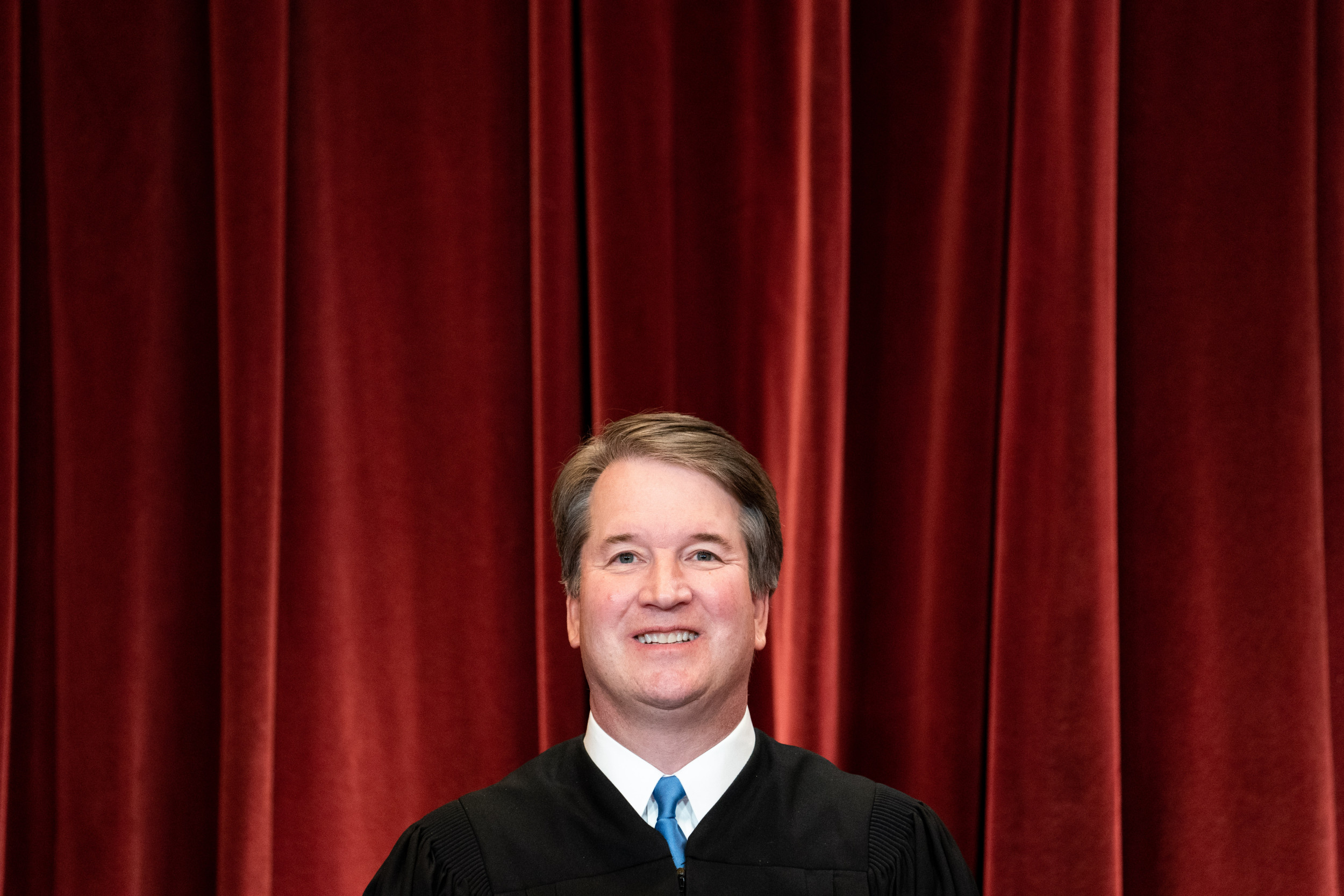In recent years, the narrative that Texas is being "invaded" by migrants has gained traction in some political circles. This argument is not only misleading but fundamentally flawed, as it misrepresents the nature of immigration and the principles upon which the United States was founded.
Analysis from legal scholars and recent court rulings provide a clear rebuttal to this claim, echoing the sentiments of the Founding Fathers, who envisioned a nation built upon the ideals of liberty and refuge.
First, the assertion that the influx of migrants into Texas constitutes an "invasion" is a misinterpretation of the term as intended by the framers of the Constitution. Steve Vladeck, a law professor, outlined this distinction clearly. He argued that the use of the word "invasion" in political discourse today is a far cry from its constitutional context, which implies a hostile, military action by a foreign government. Immigration, even when unauthorized, is a civil matter, not a military one.

Moreover, a federal court recently rejected Texas' argument that illegal migration qualifies as an "invasion," underscoring the legal basis of immigration as a federal jurisdiction matter. The court's decision highlighted the state's attempt to frame immigration as a security threat akin to an invasion—such a notion is not supported by the Constitution nor federal law. The ruling reaffirmed that immigration, including its challenges and management, is under the purview of federal authority, not individual states.
In so, the concept of immigration as an invasion is a flawed interpretation of international and domestic law. Such rhetoric not only misrepresents the nature of migration but also undermines the legal processes and protections established for asylum seekers and refugees. This stance is far from the values of due process and humanitarian protection enshrined in U.S. law and policy.
The Founding Fathers, were they alive today, would likely reject the notion of immigration as an invasion. Their vision for America was as a beacon of freedom and opportunity, not a fortress closed off to the outside world. The very essence of the American Dream is predicated on the idea of welcoming those who seek a better life through hard work and contribution to society. This principle is encapsulated in the words inscribed on the Statue of Liberty: "Give me your tired, your poor, Your huddled masses yearning to breathe free ..."
The idea that Texas or any other state is being "invaded" by migrants is not only a mischaracterization of the situation but also a dangerous narrative that fosters division and xenophobia. It also overlooks the legal, ethical, and historical contexts of immigration in the United States and detracts from the substantive discussion on how to manage immigration effectively and compassionately, respecting both the rule of law and the human dignity of those who come to the U.S. seeking refuge or opportunity.
The Founding Fathers, who laid the groundwork for a nation built on principles of freedom and inclusivity, would advocate for a reasoned and humane approach to immigration that aligns with the nation's core values and legal framework. As legal scholars and recent court rulings affirm, the way forward is through dialogue, policy reform, and adherence to the rule of law, not through hyperbolic misrepresentations of migration as an existential threat.
Rodrigo Aguilar Benignos is an international analyst, member of the Council on Foreign Relations, and senior advisor for APCO Worldwide.
The views expressed in this article are the writer's own.
Uncommon Knowledge
Newsweek is committed to challenging conventional wisdom and finding connections in the search for common ground.
Newsweek is committed to challenging conventional wisdom and finding connections in the search for common ground.
About the writer
To read how Newsweek uses AI as a newsroom tool, Click here.








